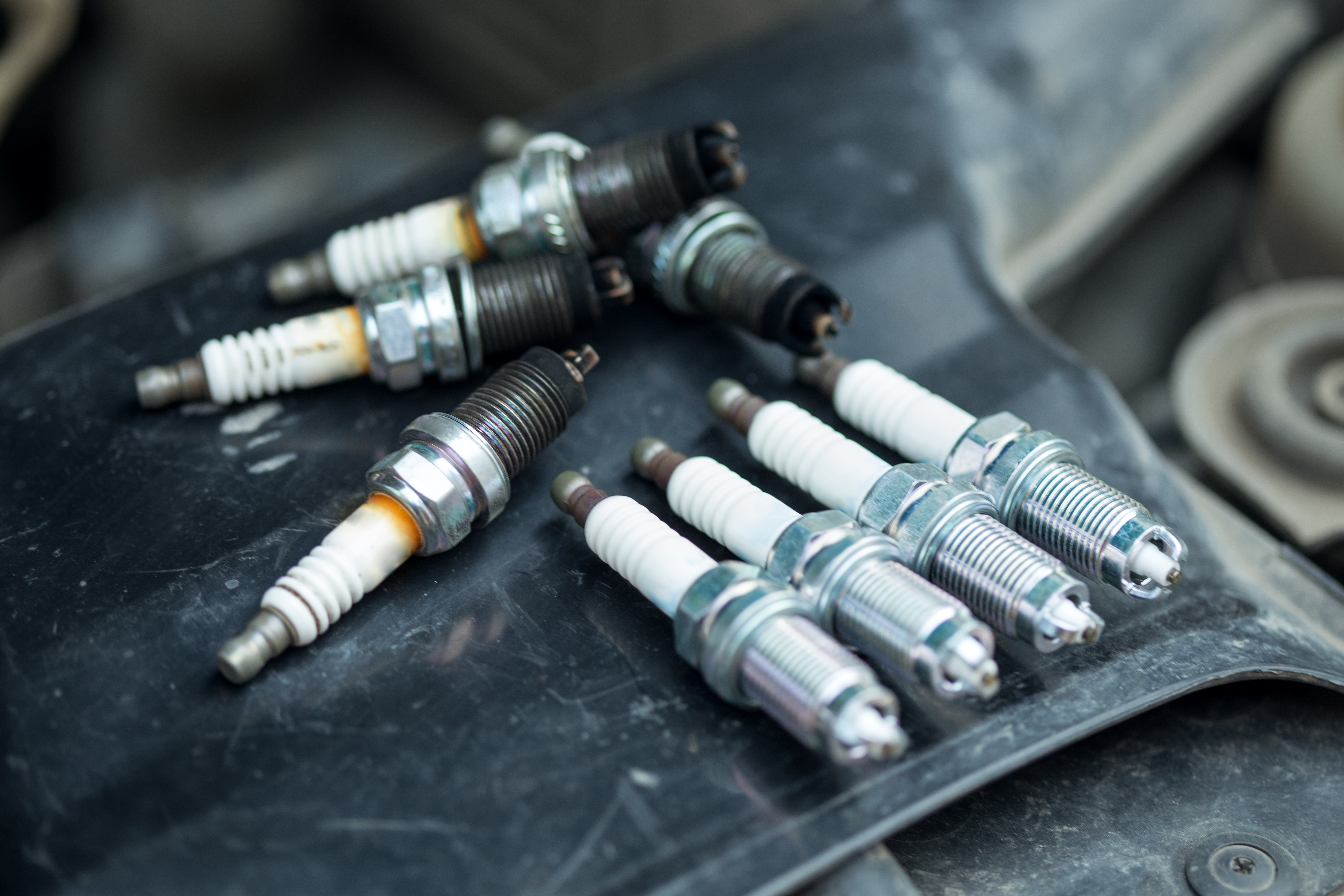Posted on 3/30/2023

As a car owner, you should know as much about your vehicle as possible. When you look at the back of your car, you see the exhaust pipe sticking out, but do you know what the exhaust is and does? If you wonder and want to know the difference between a muffler and an exhaust, read on. What The Exhaust and Muffler Do Your car has to combust gas for power, which produces many harmful gasses as a byproduct. The exhaust system converts these harmful gasses into safe ones before releasing them into the air. Mufflers are part of the exhaust system and ‘muffle the sound produced by the internal combustion engine. Essentially, the exhaust is the gas controller of your car. It ensures that the gasses produced by the engine are not released into the cabin as it would be harmful to the drivers and passengers. Your car's exhaust manifold is responsible for collecting the gas and directing it to the piping. The piping directs the toxic gasses from the engine to the catalytic convert ... read more
Posted on 2/27/2023

Either walking through the streets or sitting in traffic, chances are you have seen a BMW with an "M" letter badge. But what does it mean? Don't worry because below, we will explain everything important about it and why it's so desired. What Does It Mean? The German manufacturer BMW is well known for its luxurious vehicles and the performance they offer. But when it comes to model names and badges, it might get confusing. Well, that doesn't apply to the simple "M" letter, which is easily spotted. This badge means the car is a performance-tuned version, or "Motorsport" as they call it. To be exact, it's a tuning sub-company of its own - BMW M GmbH, formerly known as BMW Motorsport. How Is It Different? The difference between a normal BMW and an M badge one is quite big. While looks aren't changed that much, performance is, most certainly. For example, the difference in horsepower between some ordinary and M models can be in the hundr ... read more
Posted on 1/30/2023
.jpeg)
With winter in full swing in Northern Virginia, your safety on the road matters more now than anything. Before getting in your car, we want you to keep an eye out for leaks, oil leaks specifically. Engine oil leaks are one of the most common causes of engine damage. While it may seem insignificant at first, an oil leak can quickly lead to breakdowns and costly engine repairs. Today, we are going to help you understand the main culprits behind oil leaks. Why do they happen? And what should you do when you find an oil leak puddle under your car? Common Causes of Oil Leaks Clogged Oil Filter - A degraded oil filter can be responsible for your oil leak. As it collects contaminants from your oil, it can get very dirty over time. When you leave a dirty filter in your car too, it can cause oil to seep out. This can be resolved with an oil filter replacement Loose or Damaged Oil Cap - The oil cap is located under the hood, and it is the spot where y ... read more
Posted on 12/30/2022

Owning a car is not always a walk in the park. Sometimes your car might act up when you don't even have an idea of what the issue is. For instance, most car owners don't know when they need to change their vehicle's spark plugs. When is it time to change your spark plugs? The basic answer to how frequently to replace spark plugs is within the factory suggested service interval. The actual suggested mileage for spark plug replacement can vary from one maker to the next, and differs among various varieties of spark plugs. Even so, the most typical of these maintenance periods for spark plugs are usually in the range of every 30,000 miles. Remember to consult your car's operating manual or a reputable automobile dealer online for precise replacement interval guidelines. When a mechanical problem with one or more plugs is found, spark plug replacement may be required. But how does one tell when such a problem has occurred? The actual replacement time will vary based on ... read more
Posted on 11/23/2022

Whether you are traveling from college to go back home for the holidays or hitting the road to visit your parents, grandparents, and/or in-laws, it is imperative that each and every one of you prep your car for holiday travels. Many motorists will be on the road, so you can expect your car to run for longer periods. The last thing you want to deal with over the holidays is a broken-down vehicle. That is why we encourage you to check the following areas of your vehicle to ensure it is roadworthy: Fluids - This includes your engine oil, coolant, windshield washer fluid, brake fluid, and more. Your vehicle has many, and it is important that they are clean, effective, and topped off. Car Battery - Open your hood and see if there is any corrosion on your battery terminals. Next, you’ll want to check for signs of damage (swelling, loose connections, bad wiring). If that passes, you should be okay. However, we recommend getting a battery test to ensure it can provide reliable s ... read more